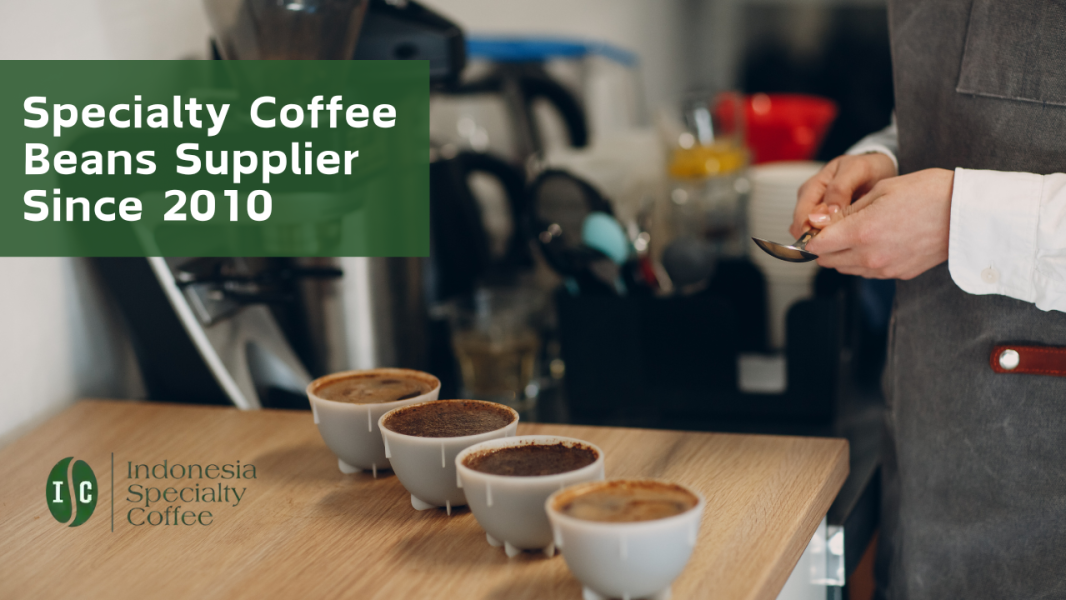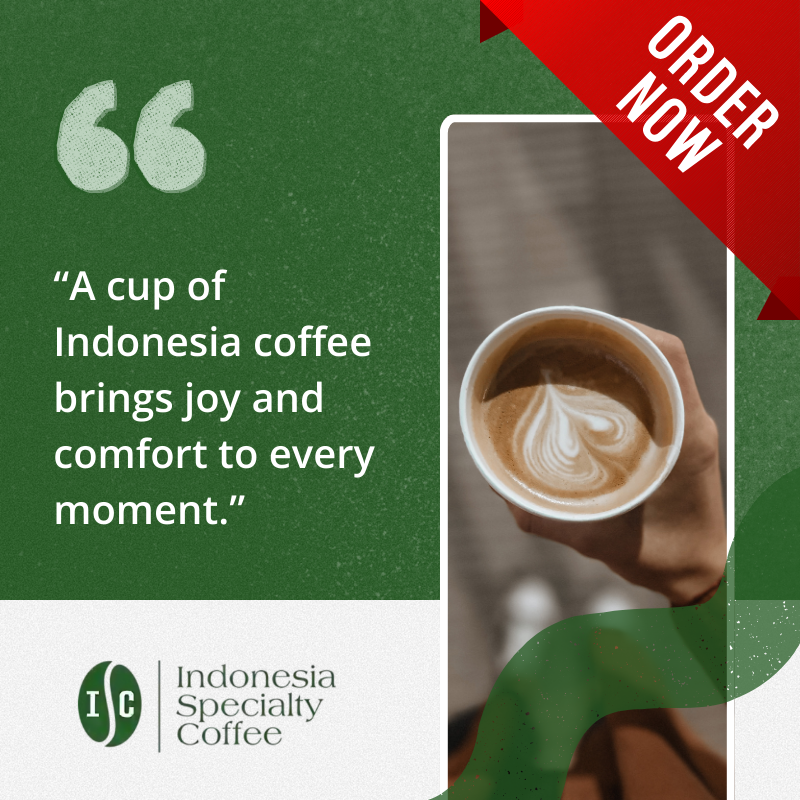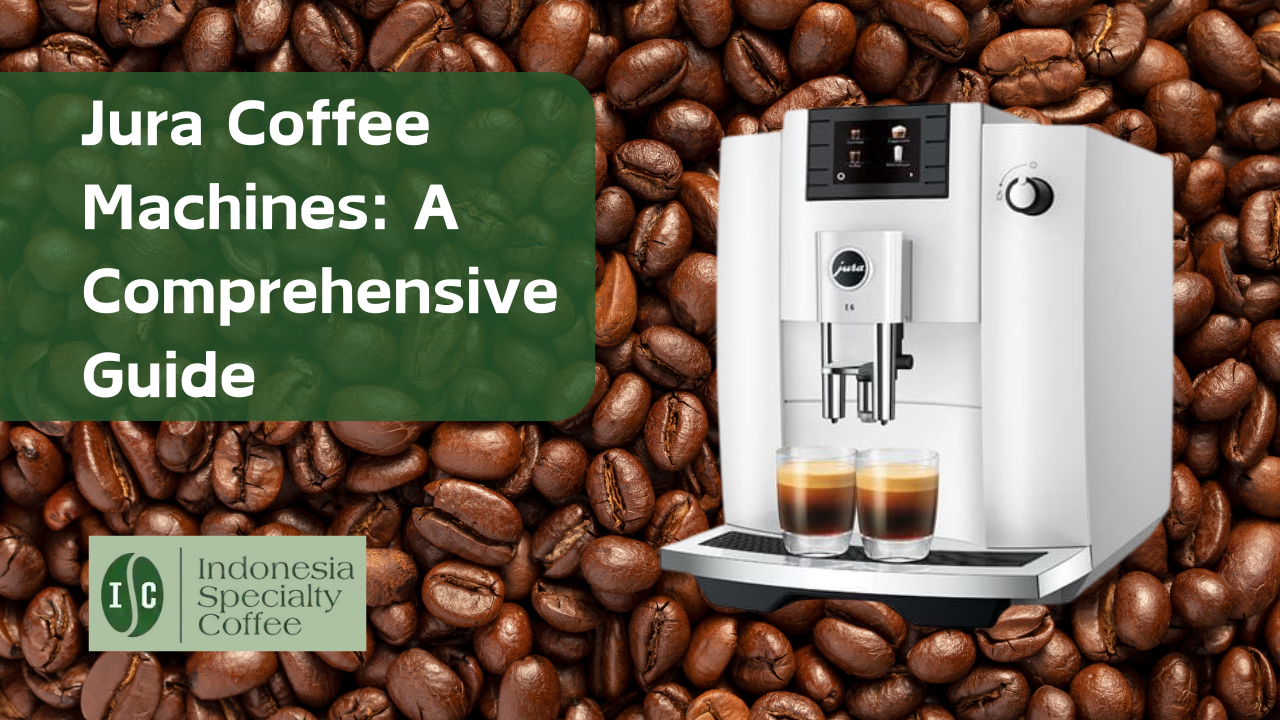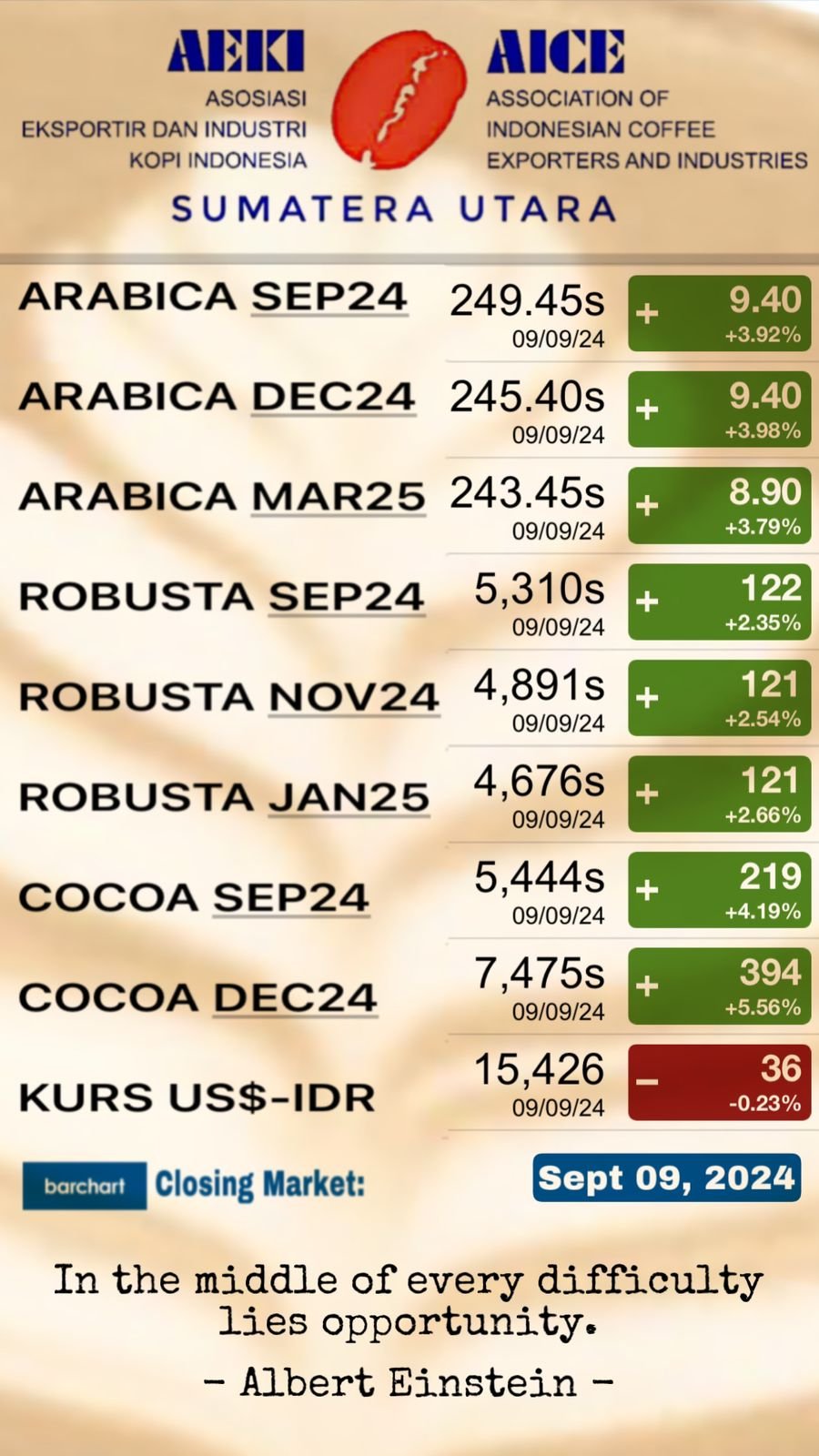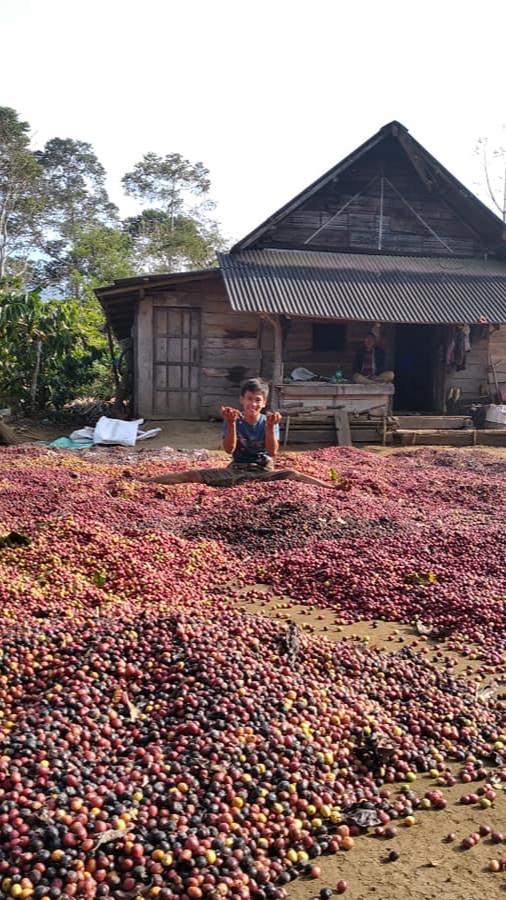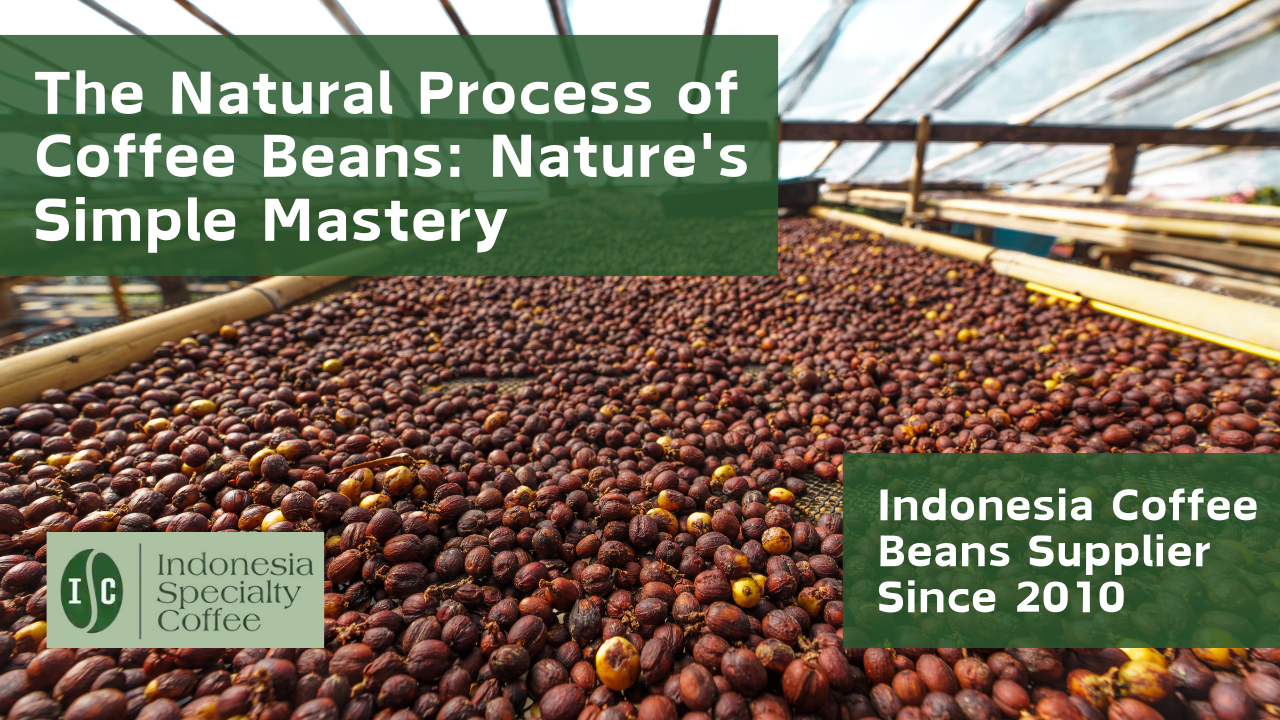Specialty coffee isn’t just another drink—it’s a celebration of exceptional flavors and uncompromising quality. What makes specialty coffee truly special is the dedication of those who prioritize quality throughout its entire journey, from bean to cup. It’s a collective effort along the coffee value chain, where every step—from cultivation to brewing—is meticulously crafted to ensure excellence. Let’s jump into more detail about specialty coffee.
Table of Contents
What is Specialty Coffee?
Specialty coffee isn’t just about the taste; it’s a journey that begins with a careful selection of beans and ends with a remarkable experience in your cup. This coffee category stands out not only for its exceptional flavors but also for its meticulous attention to detail at every stage of its production.
Unlike conventional coffee, specialty coffee is cultivated in specific regions known for their optimal growing conditions. These areas, often volcanic highlands or other unique environments, contribute distinct characteristics to the beans. From the moment the coffee cherries are hand-picked at peak ripeness to the precise methods of processing and roasting, each step is crucial in preserving the bean’s natural flavors.
The Criteria of Specialty Coffee
Specialty coffee is distinguished by rigorous standards set by organizations like the Specialty Coffee Association (SCA). These coffee standards encompass various factors:
- Bean Quality: Beans must be of the highest quality, free from defects, and uniform in size.
- Processing Method: The method used to process the beans (e.g., washed, natural, honey) must enhance the beans’ flavors without introducing undesirable characteristics.
- Cupping Score: Coffees are evaluated through sensory analysis, known as cupping, which assesses aroma, flavor, aftertaste, acidity, body, balance, and overall impression. Specialty coffees typically score 80 points or above on a scale of 100. Just like the grade 1 green coffee beans we produce that have passed the cupping test and scored above 80+ for each grade 1 product!
- Origin and Traceability: Emphasis is placed on transparency and traceability, ensuring that the coffee can be traced back to its specific farm or region.
- Environmental and Social Responsibility: Certification may require adherence to sustainable farming practices and fair treatment of workers throughout the supply chain.
Meeting these criteria ensures that specialty coffee delivers a superior sensory experience, reflecting the best of its origin and the dedication of those who produce it.
Specialty Coffee Producer Countries and Famous Brands
Specialty coffee’s allure begins with its origins, rooted in select regions globally recognized for their ideal growing conditions. Often found in volcanic highlands or other distinct environments, these regions provide the perfect combination of altitude, climate, and soil composition essential for cultivating exceptional coffee beans. This geographical specificity contributes profoundly to the unique flavors and aromas characteristic of specialty coffee.
Producer Countries
Several countries are renowned for their production of specialty coffee:
- Ethiopia: Known as the birthplace of coffee, Ethiopia produces a wide range of uniquely flavored coffees, from fruity and floral to earthy and spicy.
- Colombia: Celebrated for its well-balanced coffees with bright acidity and caramel sweetness, Colombia’s coffee is a staple in the specialty coffee world.
- Costa Rica: Famous for its clean, bright coffees with notes of citrus and honey, Costa Rica exemplifies high-quality specialty coffee production.
- Kenya: Recognized for its vibrant, fruity coffees with a wine-like acidity and complexity, Kenya consistently delivers exceptional beans.
- Brazil: As the largest coffee producer globally, Brazil offers a diverse range of specialty coffees, known for their nutty, chocolatey flavors.
Famous Brands
In addition to countries, several famous brands and companies have made significant contributions to the specialty coffee industry:
- Intelligentsia Coffee: Based in Chicago, Intelligentsia is renowned for its commitment to sourcing and roasting exceptional coffees with transparent and ethical practices.
- Stumptown Coffee Roasters: Originating from Portland, Stumptown is acclaimed for its meticulously sourced and roasted coffees, focusing on direct relationships with farmers.
- Blue Bottle Coffee: Founded in California, Blue Bottle is known for its dedication to freshness and quality, offering meticulously brewed single-origin and blended coffees.
- Counter Culture Coffee: Based in North Carolina, Counter Culture is celebrated for its sustainable practices and innovative approach to coffee sourcing and roasting.
SpecialtyCoffee.id: Your Specialty Coffee Supplier from Indonesia
SpecialtyCoffee.id represents Indonesia’s contribution to the specialty coffee world, sourcing and supplying premium beans from the country’s diverse coffee-growing regions. With a commitment to quality and sustainability, SpecialtyCoffee.id ensures that each bean embodies the rich flavors and unique characteristics that Indonesian coffee is known for. Whether you’re seeking bold Sumatran beans or complex Javanese varieties, SpecialtyCoffee.id provides a gateway to Indonesia’s finest specialty coffees.
Call us anytime on WhatsApp at +62 811 6380 606 or email us at info@specialtycoffee.id
These countries and brands exemplify the diversity and excellence within the specialty coffee industry, each contributing uniquely to the global coffee culture.
The Detailed Production Process of Specialty Coffee
The production process of specialty coffee involves several precise stages, each crucial in maintaining the quality and flavor integrity of the beans. Here’s an in-depth look based on reputable sources:
Cultivation
Specialty coffee begins with meticulous cultivation practices:
- Selection of Varieties: Farmers choose coffee varieties suited to their region’s climate and altitude, such as Arabica or specific heirloom varieties.
- Planting: Coffee plants are planted in nutrient-rich soil, typically at higher altitudes that provide optimal conditions for slow fruit maturation and flavor development.
- Care and Maintenance: Farmers carefully tend to the coffee plants, ensuring they receive adequate water, nutrients, and protection from pests and diseases.
Harvesting
- Selective Picking: Ripe coffee cherries are selectively hand-picked to ensure only the highest-quality beans are harvested.
- Timing: Harvesting occurs at the peak of ripeness, which varies by variety and region but is crucial for optimal flavor development.
Processing
- Washing (Wet Processing): After harvesting, beans undergo washing to remove the outer pulp and mucilage. This method enhances clarity and acidity in the cup.
- Natural (Dry Processing): Beans are dried with the pulp intact, allowing sugars to impart fruitier flavors. This method is common in regions with limited water resources.
- Honey (Pulped Natural): A hybrid method where beans are partially washed to remove some mucilage but retain some for added sweetness and complexity.
Milling and Drying
- Milling: Processed beans are milled to remove parchment and any remaining layers, revealing the green coffee beans.
- Drying: Beans are dried to a precise moisture content to prevent mold and preserve quality, often on raised beds or patios.
Export and Roasting
- Export: Green coffee beans are exported to roasters worldwide, often accompanied by detailed traceability information.
- Roasting: Roasters carefully roast beans to bring out desired flavors, adjusting temperature and time based on bean characteristics and desired profile.
Cupping and Quality Control
- Cupping: Coffee professionals conduct sensory evaluations to assess aroma, flavor, acidity, body, and balance.
- Grading: Beans are graded based on strict criteria, including size, density, and defects, to ensure consistency and quality.
Packaging and Distribution
- Packaging: Roasted coffee beans are packaged to preserve freshness, often with degassing valves to release CO2 while preventing oxygen ingress.
- Distribution: Specialty coffee is distributed to cafes, retailers, and consumers who appreciate its distinct flavors and high quality.
Understanding these detailed processes underscores why specialty coffee is prized for its complexity and exceptional taste. Each step, from cultivation to cupping, reflects the dedication and expertise of everyone involved in bringing this extraordinary beverage to coffee enthusiasts worldwide.
Global Market Dynamics of Specialty Coffee
Specialty coffee’s journey extends beyond cultivation and production—it encompasses dynamic global markets that drive demand, influence pricing, and shape consumer preferences. Understanding these dynamics provides insight into the broader impact and future trends of specialty coffee on a global scale.
Economic Significance
Specialty coffee represents a significant segment of the global coffee market, valued for its quality and distinct flavors. As consumer demand for premium coffee experiences continues to rise, specialty coffee commands higher prices compared to commodity-grade coffee.
Major Producers and Consumer Trends
- Major Producers: Countries like Indonesia, Ethiopia, Colombia, Costa Rica, Kenya, and Brazil are prominent producers of specialty coffee, each contributing unique flavor profiles based on their terroir and processing methods.
- Consumer Trends: There is a growing preference among consumers for traceable and ethically sourced coffee beans. Direct trade relationships between roasters and producers are increasingly valued for transparency and sustainability.
Pricing Range of Specialty Coffee
Specialty coffee pricing varies widely depending on several factors:
- Quality Grading: Specialty coffees are typically graded based on cupping scores, which range from 80 to 100 points. Prices increase significantly with higher scores, with top-tier coffees commanding prices ranging from $20 to $50 or more per pound.
- Origin: Beans from renowned coffee-growing regions such as Ethiopia’s Yirgacheffe or Colombia’s Huila typically fetch premium prices due to their unique flavor profiles and market demand. Prices for these origin-specific coffees can range from $15 to $30 per pound.
- Processing Method: Specialty coffees processed using methods like washed, natural, or honey often have distinct flavor characteristics that influence pricing. Prices can vary from $10 to $25 per pound based on the processing method and market demand.
- Market Trends: Prices fluctuate based on global supply and demand dynamics, as well as currency exchange rates that impact exporting countries.
Understanding these pricing dynamics and consumer trends highlights the value and premium nature of specialty coffee in the global marketplace.
SpecialtyCoffee.id: Sourcing Excellence from Indonesia
SpecialtyCoffee.id stands at the forefront of Indonesia’s specialty coffee industry, dedicated to sourcing and supplying premium beans from diverse regions across the archipelago. Our commitment to quality is reflected in every batch of coffee we offer, ensuring that each cup embodies the rich flavors and unique characteristics for which Indonesian coffee is renowned.
Our Commitment to Quality
- Direct Relationships: We foster direct relationships with local farmers, ensuring fair compensation and sustainable practices.
- Traceability: Each coffee bean can be traced back to its specific farm, promoting transparency and quality assurance.
- Variety and Flavor: From the boldness of Sumatran beans to the complexity of Javanese varieties, our portfolio showcases Indonesia’s finest specialty coffees.
Why Choose SpecialtyCoffee.id?
- Quality Assurance: Rigorous quality control measures guarantee consistency and excellence in every cup.
- Sustainability: We prioritize environmentally friendly practices, supporting biodiversity, and minimizing ecological impact.
- Customer Satisfaction: Our dedication to customer satisfaction ensures that your experience with SpecialtyCoffee.id is as exceptional as our beans.
Conclusion
Specialty coffee represents more than just a beverage—it embodies a commitment to excellence, sustainability, and community. Through our dedication to sourcing and delivering Indonesia’s finest specialty coffees, SpecialtyCoffee.id invites you to savor the essence of Indonesian coffee culture. Join us in celebrating the rich flavors and unique stories behind each cup, and experience coffee at its finest.

